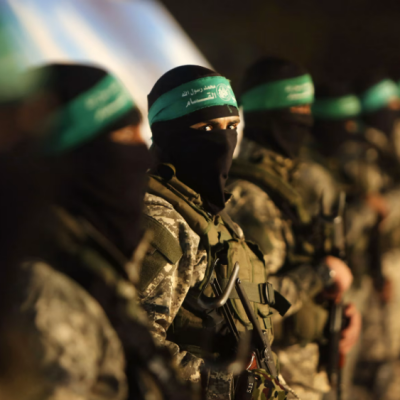Jaber Mohamed Al Shuaibi, Emirati Researcher in Geopolitical Issues
27 May 2020
By considering the theory of the British Geographer and Politician Halford John Mackinder, which was developed by the political scientist Nicholas Spykman, stating that “By controlling the countries of the Mediterranean sea basin and their extension in Asia, particularly the Arab Gulf region, Eurasia “Europe and Asia” can be controlled, and the destinty of most of the countries of the world can be controlled accordingly. This is because the Arab Gulf region is located between Asia and Africa continents in the east and Europe in the west”, it becomes apparent that the security of the Arab Gulf region was and is still the focus of regional and international attention for being natural sea route and economic lifeline over the history, which can transport technology at the post-oil stage.
Despite the difficulty of diversification of ties with the major powers, the UAE and Saudi Arabia have succeeded in leading a more stable regional order in the presence of the ambitions of the Ottoman caliphate and the Persian expansion. Moreover, the approach of diversified ties with the major powers created geopolitical balance that enabled Saudi Arabia to conclude unprecedented defense deals. The Gulf position has significantly grown at the time of Corona pandemic as a global center of gravity after Saudi Arabia presided over the G20 and after the UAE hosted the meeting of the Indian Ocean Rim Association (IORA) for discussing the means of combating the pandemic in the light of the lack of coordination of the global response.
It is believed that no major power, no matter how powerful it is, can achieve self-sufficiency in this regard. Naturally, the USA, of the Russian Federation or China cannot respond and help the world alone. Cooperation is the only way to lead the world at the time of severe crises, where the implications of the pandemic are not limited to a certain major power but all powers are affected in varying proportions. Moreover, although China was highly affected by this pandemic, it provided aids and assistance to the affected countries. This is because Beijing is keen on preserving its image, specifically that the pandemic had first appeared there.
The countries of the world supported the USA’s suggestion for conducting independent investigation over the reasons for the pandemic emergence in China.
The pandemic is not enough for re-arranging the international ties of the Gulf countries that have sought for long time ago to build their national capacities in military, economic, artificial intelligence and cyberspace areas. It is easy to predict that the Gulf counties’ priorities will tend to promote their health and food security, comparing with the regional powers that will seek to conclude arms deals with China and Russia, and these powers themselves also seek to create rift between the GCC countries. The Gulf compass will suggest the diversification of diplomatic ties, like what the European Union did, since their permanent interest requires achieving balance and making benefit from the opportunities generated from the rivalry between the major powers. In this regard, the UAE and Saudi Arabia have bigger negotiating leverage in achieving balance between the short and long-term interests without having to come under the umbrella of positions of any of the major powers. For example, Saudi Arabia succeeded in bringing Russia back to the negotiation table and agreeing on the reduction of oil production to confront the implications of Corona pandemic, this came after Aramco increased its own production. For the UAE, the homeland of human fraternity, it owns the second largest sovereign fund worldwide, and it provided medical and food aids to over 50 countries.




